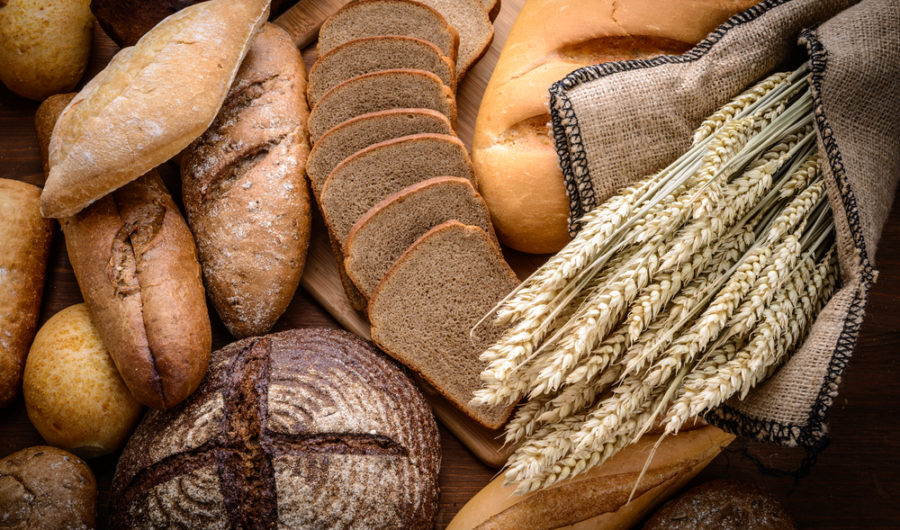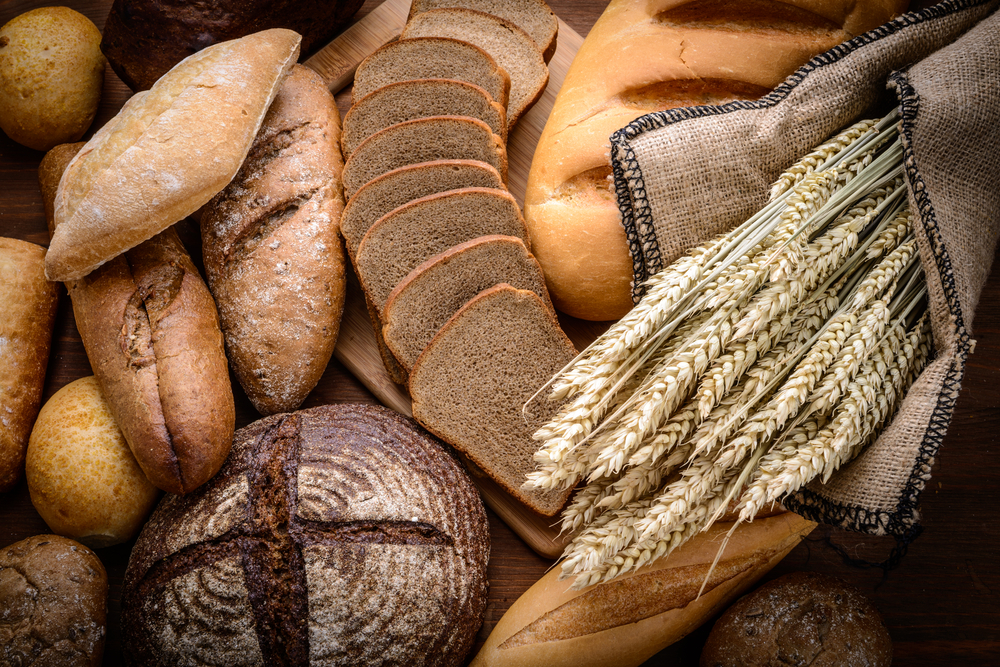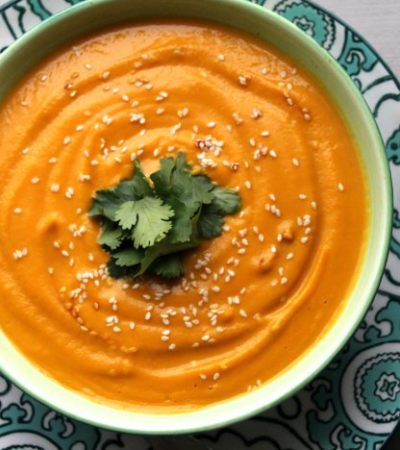Recently Macdonalds (yes, the Macdonalds of cheeseburger and fries fame) announced that it is launching a gluten free menu. Apparently, their gluten free menu is designed to appeal to the more health conscious customer. But is gluten-free really synonymous with health? Does eating a fast food meal without gluten make it a healthy food choice?
What is Gluten
Celebrities proclaim that dramatic weight loss is thanks to gluten-free living and a lot of people have joined the gluten-free gang, assuming that it will lead to better health and a smaller waistline. But does everyone who goes gluten-free really know what it means? Believe it or not gluten is actually a protein composite consisting of prolamin and glutelin. Gluten is mainly found in wheat products (such as bread and pasta) as well as other grains, including barley and rye. The reason gluten is added to flours is because it gives dough a little more elasticity. You can pretty much guarantee that your standard bagel, bread, muffin or pizza base contains gluten – both the white and brown stuff!
Although it is predominantly added to wheat flours, it is also found in other grain products including oats (apart from certified gluten-free brands) and breakfast cereals. As well as the obvious many processed foods such as vege-burgers and imitation meats, sauces, seasonings and beer often contain gluten.
How Does It Affect Your Body?
Coeliac disease is an auto-immune disease of the small intestine which is caused by a reaction to gluten and results in an inflammatory response as well as poor nutrient absorption. The only way to deal with coeliac disease is to eat a gluten-free diet. But not all gluten-freers are coeliac – 1 in every 100 people in the UK is actually coeliac. Other people do suffer similar, less severe symptoms which include mild stomach cramps, weight gain and severe bloating after eating bread (food baby alert!). These signs often indicate an intolerance to gluten which is becoming more and more prevalent. Yes, some people can regularly gobble toast by the loaf and large bowls of bolognese but there is more and more evidence (both medical/nutritional research and anecdotal) which suggests that gluten adversely affects digestion and consequently general health!
Gluten- Free Food
Most supermarkets have jumped on the gluten-free bandwagon, with free-from aisles stocked with gluten-free cookies, bread, pasta and cereals. You may think this would result in the gluten-free world shrieking for joy but the reality is that behind the gluten-free façade, these are still cookies, bread and pasta. We all know fat-free generally means sugar-loaded and sugar-free often means an aspartame red-alert! And yes, you have guessed it – gluten-free often means full of other artificial ingredients plus sugar to make it taste like the real deal. Gluten-free does not mean “healthy” and I think we can safely assume that fast food cheeseburgers in gluten-free buns with gluten-free fries followed by gluten-free apple pie isn’t going to be good for our body!
So if you are going gluten-free stick to real food. Don’t be reeled-in by the “healthy” headline, read the small print (what else is in there?) and use some common sense. There isn’t a fruit, vege, fish, egg or nut which contains gluten so avoid that free-from aisle and stick to real food (naturally gluten-free!). And if you really, really want to eat pasta or cake, make your own gluten-free versions using natural ingredients such as vegetables, nuts, seeds and eggs – why not try our Zucchini Alfredo Pasta?
words by Kathleen Fleming














